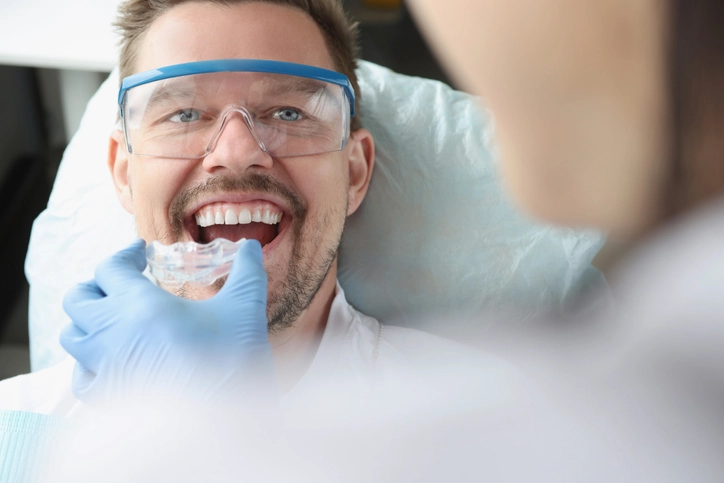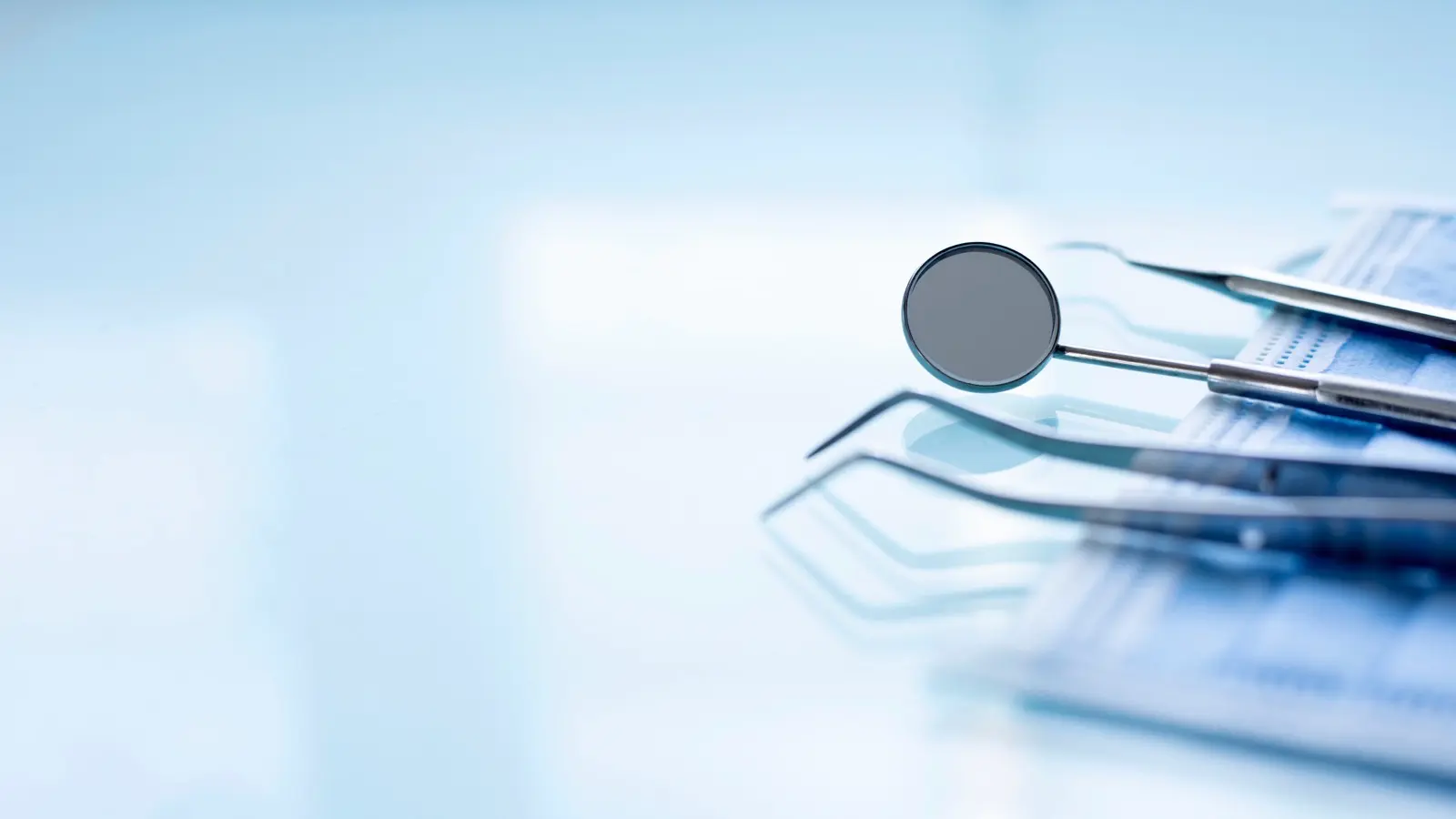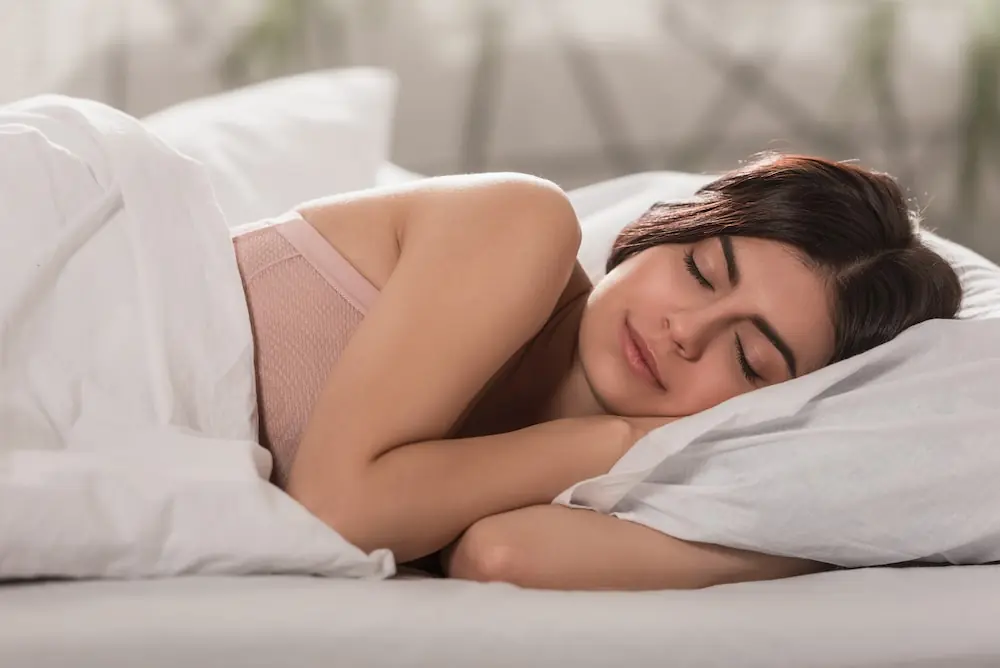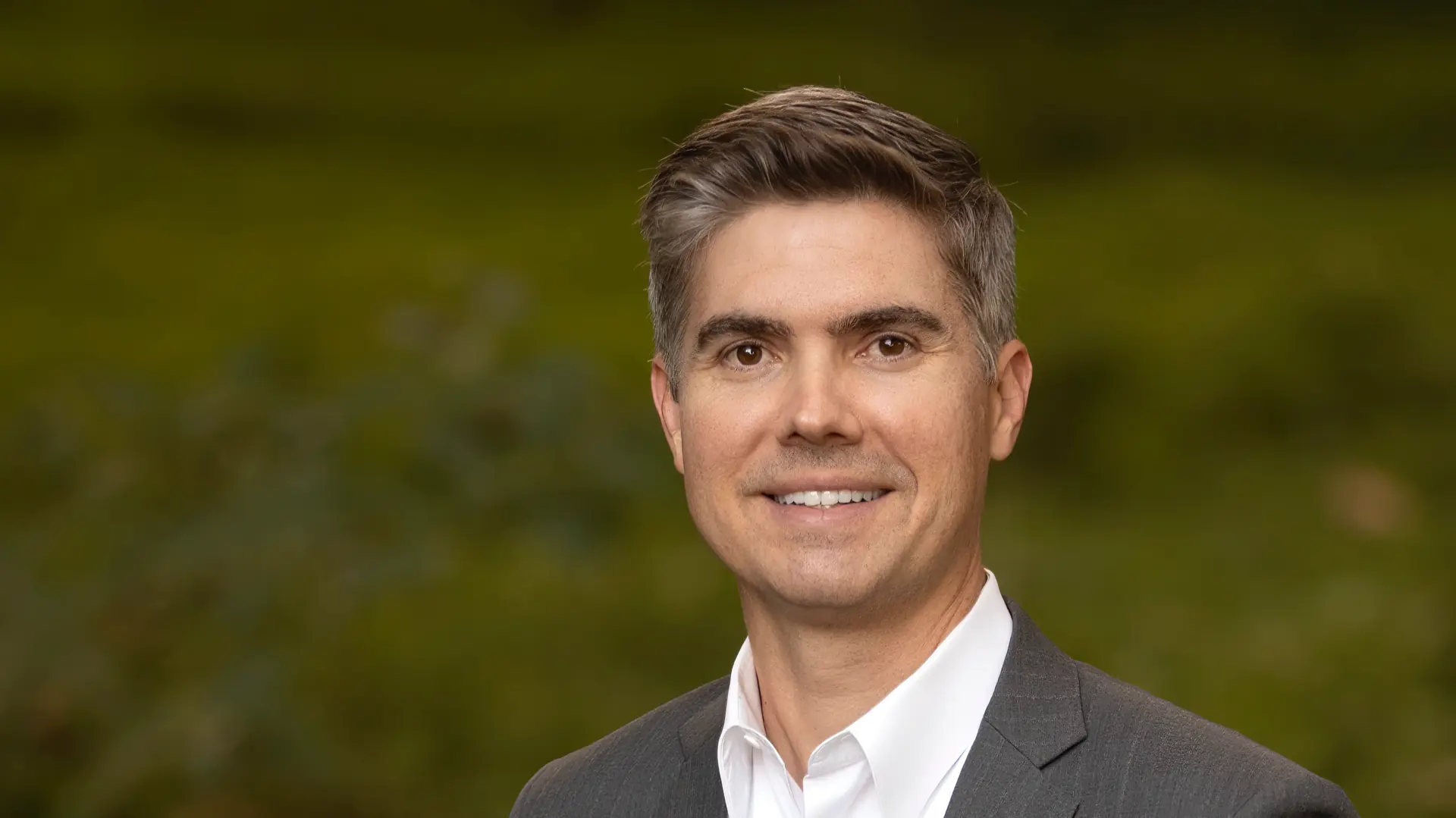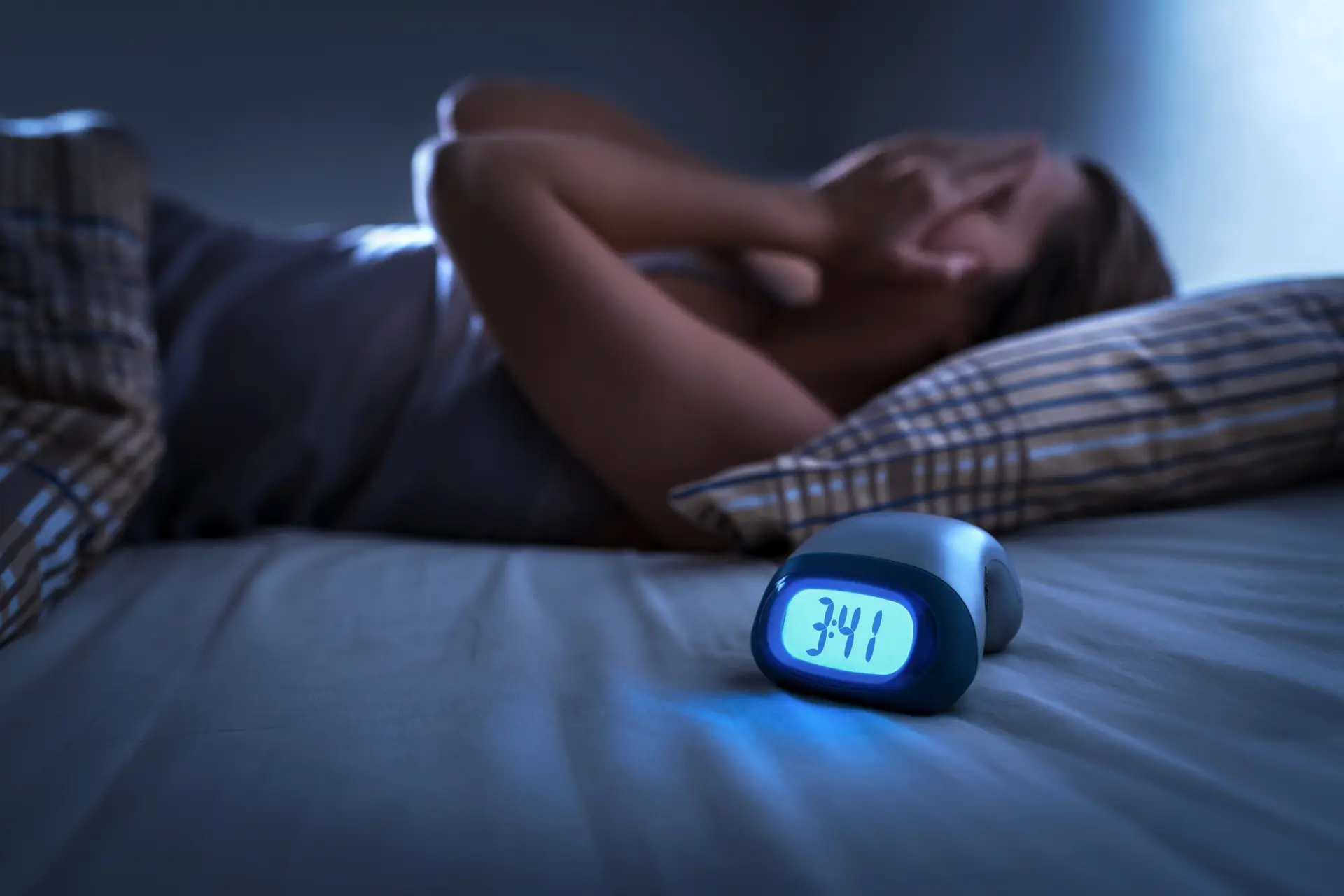Trust River District Smiles Dentistry to help you get a good night’s sleep!
Do you live with sleep apnea?

Obstructive sleep apnea, known simply as sleep apnea, is a common sleep disorder/condition that can have dramatic impacts on your quality of life.
More than 18 million American adults live with sleep apnea. If you’re one of them, turn to your trusted Rock Hill dentists for comfortable, effective sleep apnea treatment plan. We provide effective sleep medicine and treatment for obstructive sleep apnea.
- Hypertension
- Heart disease
- Daytime fatigue and drowsiness
- Mood swings
- Memory problems
- Having a small or narrow airway
- Being overweight
- Recessed chin, small jaw, or a large overbite
- Having a thick neck
- Smoking and alcohol use
- Family history
- Chronic Pain
- Stress and anxiety
- Difficulty concentrating
- Can’t fall asleep
- Daytime sleepiness
- Headaches
- Irritability
- Dry mouth when waking
- Depression
Your breathing can pause for at least ten seconds at a time, up to dozens of times each night.
This can disrupt your sleep and lower your blood oxygen levels. The combination of poor sleep and oxygen starvation can lead to:
Obstructive sleep apnea occurs when the muscles in the back of your throat relax during sleep, causing your airway to narrow or close. When you can’t get enough oxygen, your brain rouses you from sleep to reopen your upper airway. This is why patients experience interrupted sleep as they snort, choke, or gasp for air.
There are several health and lifestyle factors that can increase your risk of developing sleep apnea, such as:
While sleep apnea can affect adults and children of all ages, it is most prevalent in adult men aged 40 and older.
However, sleep apnea presents with other serious symptoms that require an evaluation from a trained professional.
These symptoms can include:
Sleep issues require diagnostic tests, blood tests (if necessary), and other medical testing.
Your physician will assess your health through a physical exam and discuss any relevant medical history. Depending on the situation, they might do certain tests like:
Polysomnography (PSG): This sleep lab study looks at your oxygen levels, body movements and brainwaves to see if they impact how you sleep. The home sleep test (HST) is done in your own house and helps determine if you’re suffering from a condition like sleep apnea.
Electroencephalogram (EEG): This test measures brain activity to determine if there are any problems. It’s part of a polysomnography which makes it even more important.
Multiple sleep latency test (MSLT): This research or sleep study involving daytime naps is used together with a Polysomnography, done at night, to determine whether someone has narcolepsy.
Doing tests can be really helpful in figuring out the best course of action to take for sleep disorders.
How is Sleep Apnea Treated?
Effective treatment depends on an accurate diagnosis
Medical Treatments Options
- Taking sleeping pills
- Getting melatonin supplements
- Using allergy or cold medicines
- Medication for any medical issues
- Utilizing a breathing device or surgery (usually for sleep apnea)
Oral Appliances vs. Traditional Treatments
Our local dentists can recommend specialized oral appliances to treat your sleep apnea and help you get a full night’s rest. A comfortable, properly-fitted oral appliance can reposition your jaw and reopen your airway, allowing you to breathe easier and comfortably, while you sleep.
